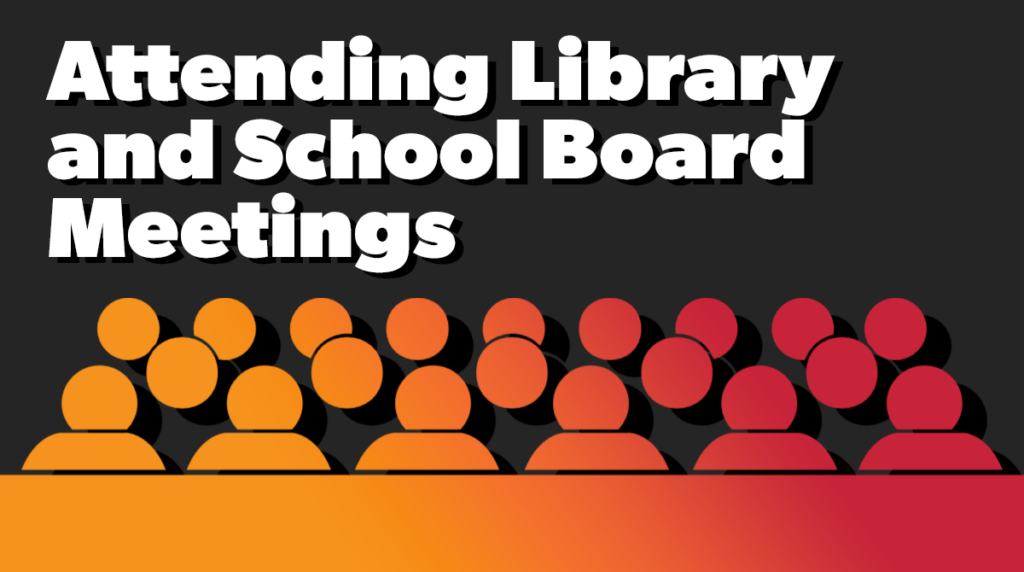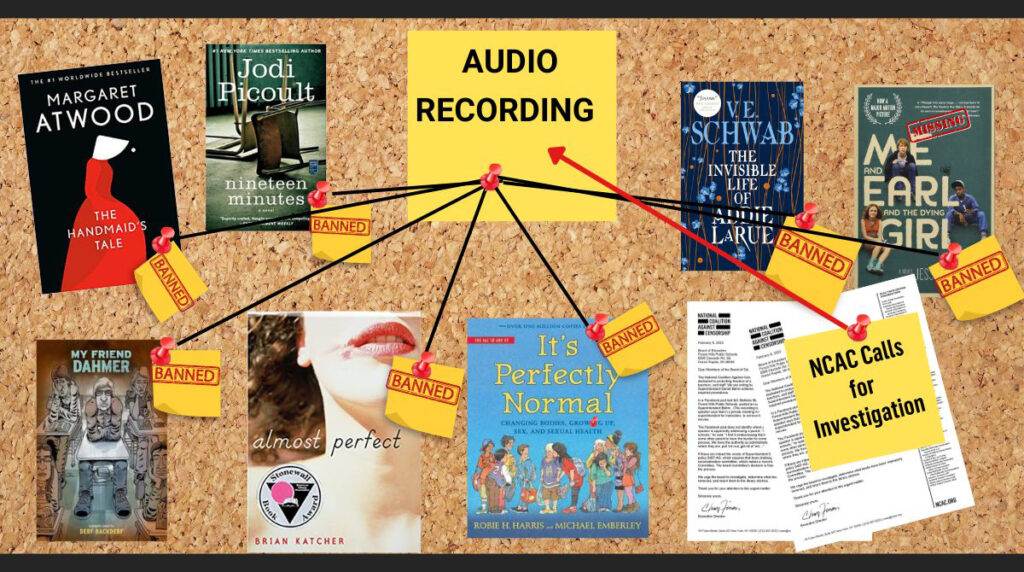This blog post is by Abigail Stewart, Sandra Schwartz Tangri Professor Emerita of Psychology and Women’s and Gender Studies at the University of Michigan, on behalf of Academics for Liberty in Reading and Learning, a Unite Against Book Bans partner.
Scholars Stand Against Censorship With New Banned Books Project
According to the American Library Association’s new data on library censorship, the majority of 2024 book bans originated from organized movements. The most common justifications for these bans were false claims of illegal obscenity for minors; inclusion of LGBTQIA+ characters or themes; and covering topics of race, racism, equity, and social justice. In other words, there is an ongoing political movement to obscure complex history and erase entire groups of people based on their identities.
As scholars, members of Academics for Liberty in Reading and Learning stand vehemently against censorship. Books are powerful tools that can help readers understand complex issues, grapple with challenging topics, and develop empathy for those who are different from them. We need this more than ever, which is why we developed Banned Books: Why Young People Need Them.
Project Explores Nine Frequently Banned Titles
Banned Books: Why Young People Need Them provides free access to a range of resources that support reading and discussion of the following frequently challenged and banned books:
- Mike Curato’s Flamer
- Toni Morrison’s The Bluest Eye
- Nikole Hannah Jones’ Born on the Water
- Maia Kobabe’s Gender Queer
- Art Spiegelman’s Maus
- Ashley Hope Perez’s Out of Darkness
- Margaret Atwood’s graphic novel version of The Handmaid’s Tale
- Judy Blume’s Are You There, God, It’s Me Margaret and Forever
For each title, the Banned Books project offers:
- A short, recorded talk (<20 minutes) delivered by a scholar. Each video offers a common-sense case for the value of the book to young people and the adults who care about them.
- Book discussion questions for parents, teachers, librarians, and others to use in group conversations.
- Suggestions for further reading about each title.
About Academics for Liberty in Reading and Learning
The Banned Books project is one of several undertaken by Academics for Liberty in Reading and Learning, a group of scholars concerned about the ongoing attacks on education, including the banning of books. Members of Academics for Liberty in Reading and Learning include:
- Jean Howard, George Delacorte Professor Emerita in the Humanities, Columbia University
- Abigail Stewart, Sandra Schwartz Tangri Professor Emerita of Psychology and Women’s and Gender Studies, University of Michigan
- Blanche Wiesen Cook, University Distinguished Professor Emerita of History and Women’s Studies, John Jay College and Graduate Center, City University of New York
- Judith Friedlander, Professor of Anthropology, Emerita, Hunter College (CUNY); Former Dean of Political and Social Science, New School for Social Research
- Alice Kessler-Harris, R. Gordon Hoxie Professor of History, Emerita, Columbia University
- Carroll-Smith-Rosenberg, Mary Frances Berry Collegiate Professor Emerita of American Culture, History and Women’s and Gender Studies, University of Michigan
- Domna C. Stanton, Distinguished Professor, Graduate Center, City University of New York
- Catharine R. Stimpson, Professor of English and Dean Emerita, New York University
Particularly in combination with the Book Résumés project, we hope the resources from Banned Books: Why Young People Need Them will help parents, teachers, bookstore owners, librarians, and others keep challenged and banned books on the shelves of schools and libraries, and in K-12 curriculum. To access these free resources, please visit the Banned Books project webpage.



